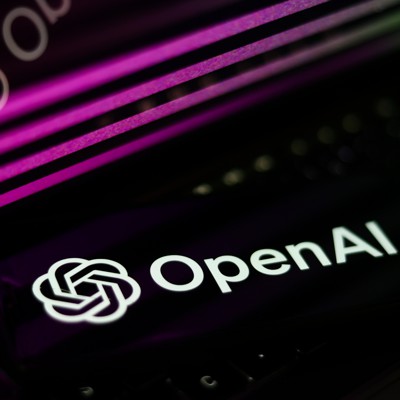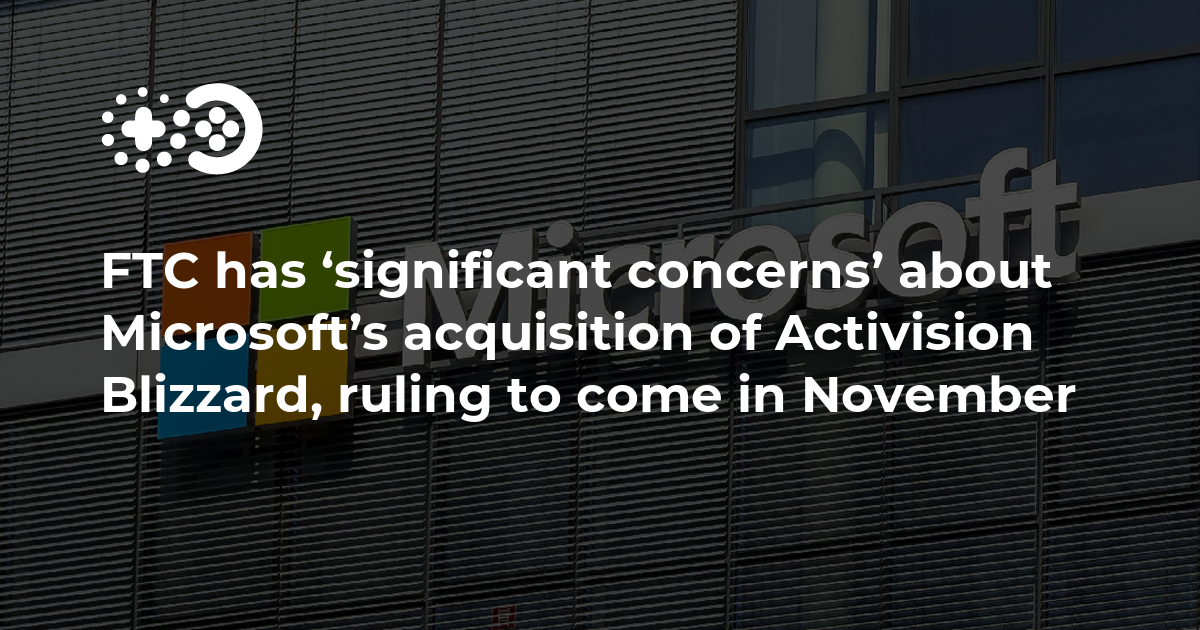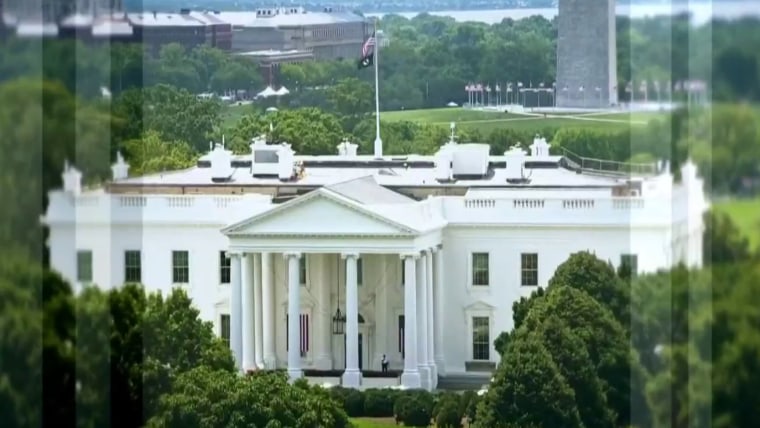FTC Probe Into OpenAI: Implications For AI Development And Regulation

Table of Contents
OpenAI's Practices Under Scrutiny
The FTC's investigation into OpenAI likely encompasses several key areas of concern related to the company's practices. Understanding these concerns is vital to grasping the broader implications for the AI industry.
Concerns Regarding Data Privacy and Bias
A central focus of the FTC's probe is likely OpenAI's data collection and usage practices. Concerns regarding data privacy are paramount, given the vast amounts of data used to train OpenAI's powerful AI models. These concerns extend to the potential for bias embedded within these models, leading to discriminatory outcomes.
- Lack of transparency in data sourcing: The FTC may be investigating the origins of the data used to train OpenAI's models, scrutinizing whether OpenAI has obtained consent appropriately and adhered to data privacy regulations.
- Potential for discriminatory outcomes in AI-powered applications: Bias in training data can lead to AI systems that perpetuate and amplify existing societal biases, resulting in unfair or discriminatory outcomes in areas like loan applications, hiring processes, and even criminal justice.
- Insufficient measures to mitigate bias in training data: The FTC is likely assessing whether OpenAI has implemented adequate measures to identify and mitigate bias in its datasets and algorithms. This includes questions about data preprocessing, model evaluation, and ongoing monitoring for discriminatory outputs.
Potential for Unfair or Deceptive Practices
Beyond data privacy concerns, the FTC may also be examining whether OpenAI's marketing and representation of its AI technologies are accurate and truthful. This relates to concerns about potentially misleading claims regarding the capabilities and limitations of these systems.
- Overpromising AI capabilities: The FTC might investigate whether OpenAI has overstated the capabilities of its AI models, creating unrealistic expectations among users and the public.
- Understating potential risks and harms: The investigation may assess whether OpenAI adequately disclosed potential risks and harms associated with its AI technologies.
- Lack of clear disclosures about data usage: Transparency about how user data is collected, used, and protected is another crucial aspect under scrutiny. The FTC likely wants to ensure that OpenAI is providing clear and comprehensive disclosures to users.
Broader Implications for AI Development
The FTC's investigation into OpenAI has profound implications that extend far beyond the company itself, shaping the entire landscape of AI development and regulation.
Increased Regulatory Scrutiny of AI Companies
The OpenAI investigation sets a significant precedent for increased regulatory scrutiny across the AI industry. Other AI companies can expect heightened oversight and more thorough reviews of their development practices and data handling protocols.
- Heightened compliance requirements for AI companies: We can anticipate stricter compliance requirements, potentially including more stringent data protection regulations, rigorous testing procedures, and increased transparency requirements.
- Increased pressure for ethical AI development: This investigation underscores the growing demand for responsible and ethical AI development, pushing companies to prioritize fairness, transparency, and accountability in their AI systems.
- Potential for stricter data protection regulations: This may lead to the development of new legislation and regulatory frameworks specifically targeting the ethical use of AI and the protection of user data.
Impact on AI Innovation and Investment
While increased regulation is crucial for responsible AI development, it could also have a chilling effect on innovation and investment. The balance between responsible regulation and fostering innovation will be crucial in the coming years.
- Potential for reduced investment in AI startups: Uncertainty surrounding regulations might cause investors to hesitate, potentially slowing the growth of the AI industry, particularly for smaller startups.
- Slowdown in the pace of AI innovation: Overly burdensome regulations could stifle innovation by increasing the cost and complexity of developing new AI technologies.
- Increased costs associated with AI compliance: Meeting stricter regulatory requirements will necessitate significant investments in compliance infrastructure and processes, increasing the overall cost of developing and deploying AI systems.
The Path Forward: Shaping AI Regulation
Navigating the challenges posed by the FTC's probe requires a thoughtful and balanced approach to AI regulation.
Balancing Innovation and Consumer Protection
The primary goal is to strike a balance between fostering innovation and safeguarding consumer rights and interests. Regulations must be carefully designed to prevent stifling progress while addressing valid concerns about data privacy, bias, and potential harms.
- Need for collaborative efforts between government, industry, and researchers: Effective AI regulation requires collaboration among all stakeholders, ensuring that regulations are both effective and conducive to innovation.
- Development of clear, enforceable guidelines for ethical AI development: Clear and specific guidelines for ethical AI development will help companies navigate the complexities of building responsible AI systems.
- Establishment of independent bodies to oversee AI practices: Independent oversight bodies can provide impartial assessment and help enforce regulations effectively.
International Cooperation on AI Governance
Given the global nature of AI development and deployment, international cooperation is essential to establish effective AI governance. Harmonizing regulations across jurisdictions will prevent regulatory arbitrage and create a more level playing field.
- International forums to discuss AI governance: Global discussions and collaborative initiatives are needed to create shared understanding and common standards.
- Sharing of best practices among countries: Countries should exchange information and best practices to learn from one another's experiences and develop more effective regulations.
- Development of common ethical guidelines: Creating internationally recognized ethical guidelines will help establish a baseline for responsible AI development across different regions.
Conclusion
The FTC's probe into OpenAI is a watershed moment for the AI industry. Its outcome will significantly shape the future of AI development and regulation, impacting innovation, investment, and consumer protection. Navigating this complex landscape requires a balanced approach that fosters innovation while mitigating risks. Understanding the implications of this FTC probe into OpenAI is crucial for all stakeholders, from developers and investors to policymakers and consumers. Staying informed about developments in AI regulation and proactively engaging in discussions about responsible AI development is critical to shaping a future where AI benefits everyone.

Featured Posts
-
 South Sudan And The Us To Coordinate Deportees Return
Apr 22, 2025
South Sudan And The Us To Coordinate Deportees Return
Apr 22, 2025 -
 Razer Blade 16 2025 Review Ultra Settings On A Thin Laptop High Price High Performance
Apr 22, 2025
Razer Blade 16 2025 Review Ultra Settings On A Thin Laptop High Price High Performance
Apr 22, 2025 -
 Ftc Appeals Activision Blizzard Acquisition Ruling Whats Next
Apr 22, 2025
Ftc Appeals Activision Blizzard Acquisition Ruling Whats Next
Apr 22, 2025 -
 Secret Service Ends Probe Into Cocaine Found At White House
Apr 22, 2025
Secret Service Ends Probe Into Cocaine Found At White House
Apr 22, 2025 -
 Strengthening Regional Security China Indonesia Security Dialogue
Apr 22, 2025
Strengthening Regional Security China Indonesia Security Dialogue
Apr 22, 2025
